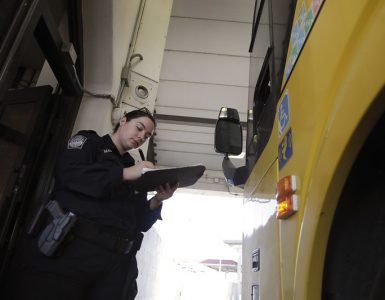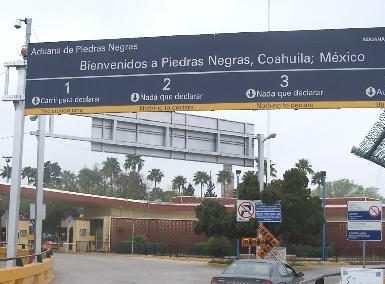Tariffs, the government shutdown, and border wall funding issue have been in the central spotlight in Washington heading into the new year. But one noteworthy news piece that has been under the radar is how the direction set by Mexico’s new administration will affect trade here in the U.S., especially with border states such as Arizona.
Mexico’s new left-leaning president Andrés Manuel López Obrador spoke recently on this issue, declaring tax cuts for the country’s northern, border-facing states. The cuts are projected to empower economic growth in that region and keep migration out of Mexico and into the United States down.
An executive order granted lower rates for both value-added and income taxes in more than 40 municipalities bordering the United States. The tax cuts from López Obrador could reduce government tax income during this year. The Mexican president has said he will implement a budget that will use spending cuts to help fund new social welfare and infrastructure projects.
While President Trump has touted a hard line against illegal immigration and is fighting for funding from Congress for a border wall, López Obrador may give him what he’s looking for by aiming to decrease migration into the U.S. The Mexican leader hopes to increase economic development in the border region to cut migration. The proposed plan will give businesses in the region a tax credit worth 50 percent of value added tax dues. So, what does this mean for the U.S. and, more importantly, what does this mean for Arizona?
“As far as tax cuts, the only industry that may be negatively affected is retail on the Arizona side,” Carlos Fernandez, Chair of the Douglas International Port Authority, said. “However, I believe that retail further from the border (i.e. Tucson and Phoenix) won’t be impacted as much. Shoppers making the trip to the larger cities are looking for quality and selection that can’t be found in the Fronteria region of Mexico.”
López Obrador is aiming to boost job growth by setting the minimum wage at 177 pesos ($9/day) in the border region, almost doubling the national average, and setting fuel prices to be on par with the U.S. Altogether, López Obrador is looking to compete with U.S.-based companies along the border territory.
But, according to Guillermo Valencia, Chairman of the Greater Nogales-Santa Cruz County Port Authority, this won’t necessarily turn out to be a bad thing.
“If it pans out the way it is projected to pan out, it will increase a minimum wage, and when you talk about most of the industries, like agriculture, they’re already paying that and more. It’s not affecting them in a price standpoint,” says Valencia.
Valencia also points out that while it’s more or less a “wait and see” situation at this point, it could end up working out for both sides of the border, or at least minimally impact the Arizona side of things.
“It’s giving available money to local people and they’re going to have more spending income,” he notes. “And hopefully that will come into the U.S. You have a better standard of living and then we could create sales tax for our businesses here.”
















Add comment